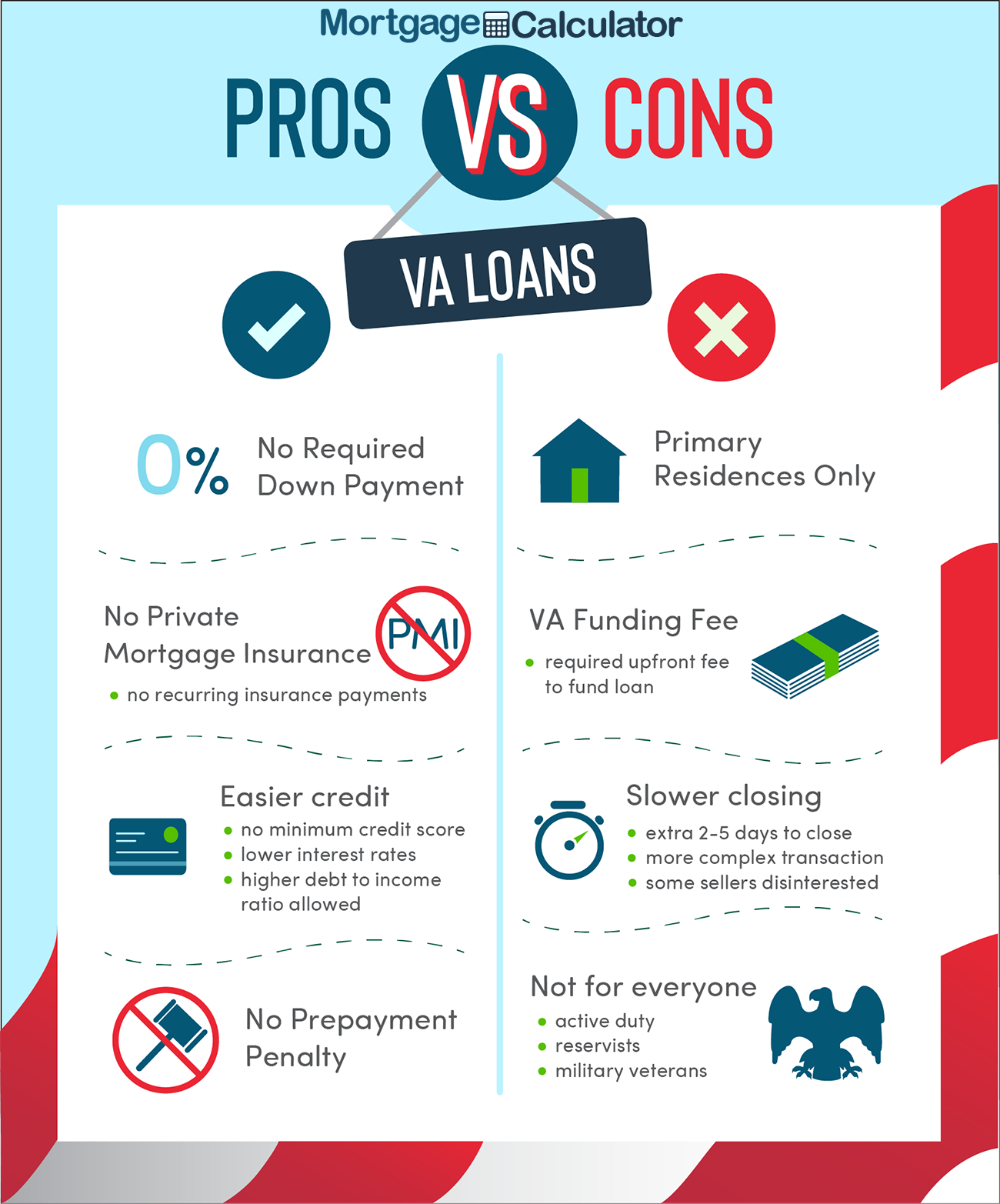How Do You Refinance a Home Equity Loan?
Table of Content
Rebecca McClay is a financial content editor and writer specializing in personal finance and investing topics. For more than 15 years, she's produced money-related content for numerous publications such as TheStreet and MarketWatch, and financial services firms like TD Ameritrade and PNC Bank. She covers topics such as stock investing, budgeting, loans, and insurance, among others.
On the other hand, If you’re unable to keep up with your monthly payments, the lender can foreclose on your home to recoup costs. In addition, it also helps to have a higher credit score and more favorable debt-to-income ratio if you want to get the best rates when seeking to refinance your HELOC or home equity loan. As with a regular mortgage, there are several reasons why you might consider refinancing an existing home equity loan.
Bankrate
Before borrowing with a home equity loan or HELOC, make sure to shop around for lenders to see who can offer the most competitive rate. These rates come from a survey conducted by Bankrate, which like NextAdvisor is owned by Red Ventures. The averages are determined from a survey of the top 10 banks in the top 10 U.S. markets. Any time you open a new loan, like a home equity loan, your credit score may drop slightly. The drop will likely be temporary and your score may even increase after opening the loan since your total available credit will go up. If you sell your home, you’ll have to pay off the entire balance of the loan – as well as the remaining balance of your primary mortgage – as soon as you close.
Ideally, you’ll get both low rates and fees, but there’s usually a trade-off. At the very least, shop for at least three home equity loans. A second mortgage is normally used to borrow against a home’s appreciated value or borrow principal that the homeowner previously paid off on the first mortgage. Keep in mind that the refinance is essentially another loan, or mortgage, that has a new timeline, which means it might take you longer to pay off. If you don't have enough equity to qualify for a refinance loan, you might be able to get a personal loan.
Home equity loan vs. refinance
You might want to refinance a home equity loan, sometimes called a second mortgage, to save money in the short run with a lower monthly payment. Refinancing could also save you money in the long run by costing you less interest. Since home equity loans come with fixed interest rates, your monthly payments will never change, and you’ll know exactly how much you need to budget to repay the loan. In this housing boom, mortgage rates have been a mixed bag for buyers. A $300,000 loan at 4 percent equates to a monthly payment of $1,432.

In other words, the sum of all your current outstanding mortgage balances cannot represent more than 85% of your home’s total current value. A home equity loan is a fixed-term loan that is secured by a borrower’s home and typically takes the form of a second mortgage. This fixed-term loan is presented to you by the lender based on the equity in your home . On the other hand, cash-out refinancing tends to be more expensive in terms of fees and percentage points than a home equity loan is. You will also need to have a great credit score in order to be approved for a cash-out refinance because the underwriting standards for this type of refinancing are typically higher than for other types.
How To Refinance A Home Equity Loan
The cost of home equity loans tends to be lower than cash-out refinancing, and this type of refinancing can be far less complex. Let's say that 10 years ago, when you first purchased your home, interest rates were 5% on your 30-year fixed-rate mortgage. Now, in 2021, you can get a mortgage at an interest rate of 3%. Those two points can potentially knock hundreds of dollars a month off your payment and even more off the total cost of financing your home over the term of the loan. Many lenders estimate closing costs at 2% to 5% of the loan amount.

In a rising rate environment, it may be easier to factor a fixed payment into your budget. In many cases, a home equity loan is considered a second mortgage—for example, if the borrower already has an existing mortgage on the residence. If the home goes into foreclosure, the lender holding the home equity loan does not get paid until the first mortgage lender is paid. Consequently, the home equity loan lender’s risk is greater, which is why these loans typically carry higher interest rates than traditional mortgages. If you’ve built up equity in your home and have a strong credit score and a low debt-to-income ratio, a home equity loan may be beneficial for you. It will enable you to take out a large lump sum that you can pay off over an extended period.
The process of releasing the money you've invested in your mortgage is called mortgage refinancing, but there are several ways to do this. In fact, before you even apply, you might want to check your credit reports for accuracy. You can obtain free copies more or less instantly from each of the three major credit bureaus on AnnualCreditReport.com, the official website for that purpose.

At the current average rate, you'll pay $630.10 per month in principal and interest for every $100k you borrow. The loan-to-value ratio is a lending risk assessment ratio that financial institutions and other lenders examine before approving a mortgage. See which offer gives you the best combination of short-term affordability and long-term financial stability. Finally, if refinancing isn’t an option, ask your home equity loan servicer about a loan modification.
This means that the lender can seize the home eventually if you don’t keep up with your repayments. While the two loan types share this important similarity, there are also key differences between the two. If you choose to get a cash-out refinance, you usually can secure a lower interest rate than with a home equity loan.
A refi bubble is when the refinancing of old debt with newer obligations creates a bubble in the total amount of loan debt or leverage. Yes, you can lose your home to foreclosure if you don't pay back your lender and default on the loan. If you know the exact amount you need to borrow and aren't comfortable with the uncertainty of a variable interest rate, a home equity loan is probably a better choice for you. Not having a mortgage only increases the amount you can borrow with a home equity loan. If your house is paid off, you may have plenty of equity to borrow against. If your home has lost value over the last few years, you may not get approved for this refinance option.
Comments
Post a Comment